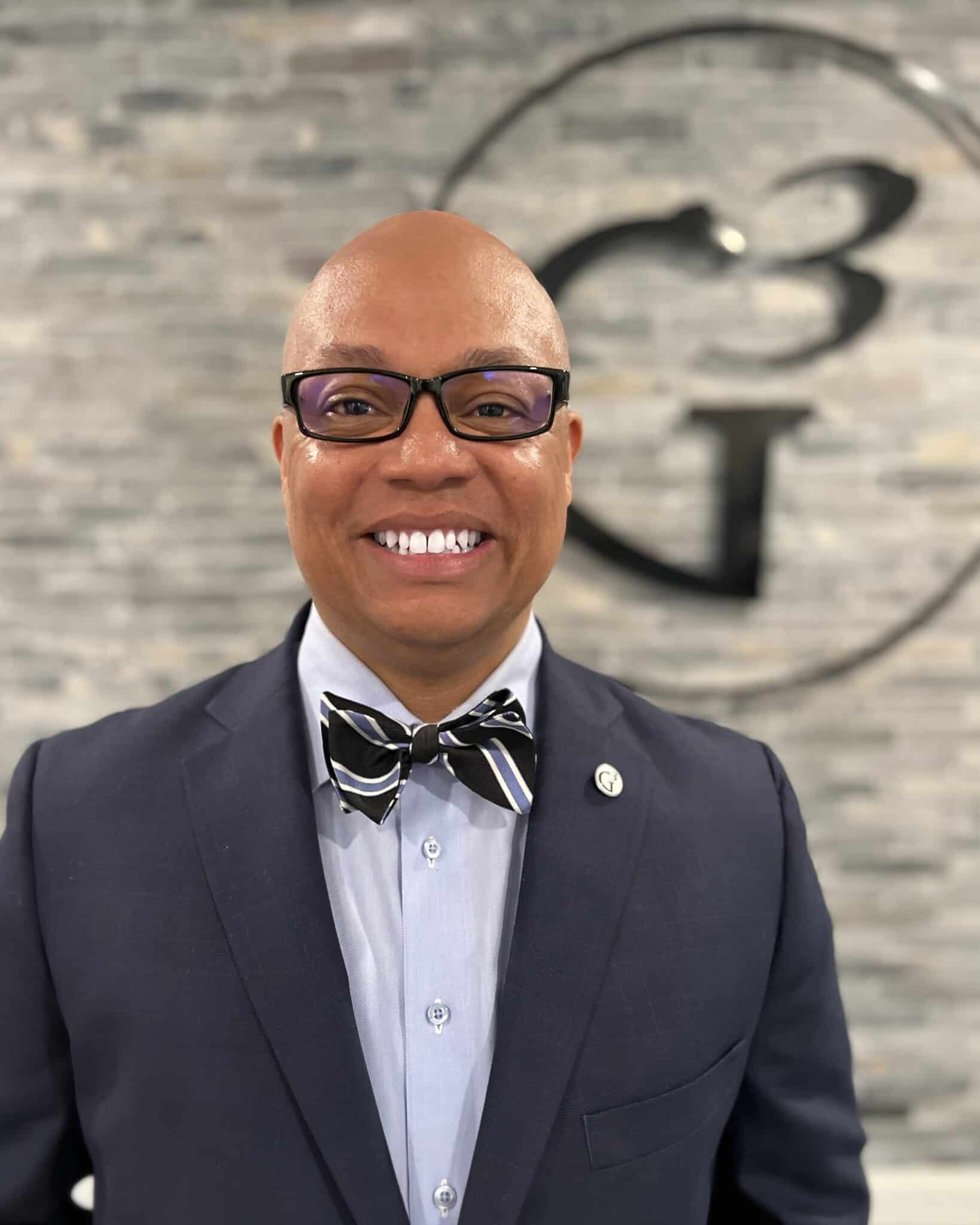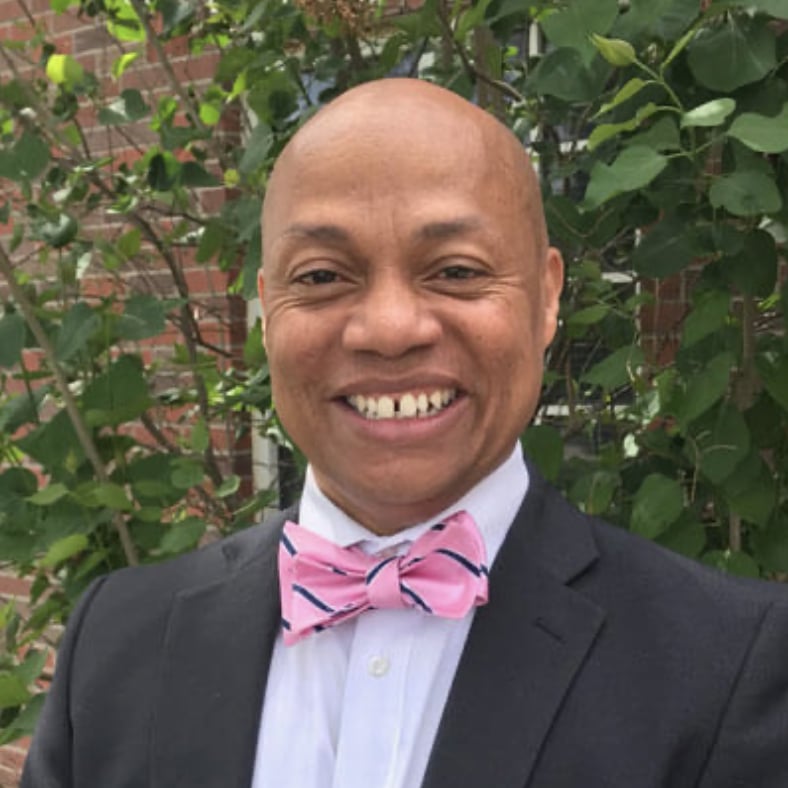One of the most frequently asked questions is, “When is it right to leave my church?” This particular question often is asked in light of a disagreement about issues surrounding social justice. I often receive the problem in my inbox this way, “I know you’re extremely busy. However, I just listened to your podcast. I think my church just went woke. What do I do now? Should I leave my church?” Sometimes the question is direct, and at other times, it’s rather long as the person writing wants to present the complete picture of what’s happening in their local church. There are far too many good people struggling with this matter who are afraid to discuss their concerns openly for fear of being called racist, or worse, a white supremacist.
I’m never entirely sure how to respond to the question as I realize there’s usually a great deal of history for which I’m not privy. Furthermore, I don’t take lightly such a serious matter as to respond flippantly. If I have a relationship with an individual, I’ve engaged in lengthy prayerful conversations about the issue and offered my best response to such an important question. In this current climate, where wokeism has invaded the church, more of these conversations are taking place at home between friends and family. Here are some things to consider.
Going Woke?
In the wake of the George Floyd tragedy, culture’s demand for social justice had boiled into protest, some of which were violent. Evangelicalism, following cultural cues, adopted the narrative of black victimhood and oppression and began calling for racial reconciliation.
Rather than seeking revelation through the whole counsel of God’s word, many churches sought cultural relevance and adopted the culture’s language on these issues. Far too many pastors were racing to be one of the first to step into their pulpit and say the phrase, “Black Lives Matter,” disconnected from studying the hashtag movement’s origin. Bible study groups were no longer assigned the writings of Mattew, Mark, Luke, or John. In exchange for these authors, groups were told to study DiAngelo, Tisby, Kendi, and Morrison’s writings. Church leaders often advised followers to seek discussions on race, abandon whiteness, check their privilege, and obtain understanding from uniquely ethnic perspectives.
What began as heartbreak over the tragedy of an image-bearer losing his life had transformed into a movement. This movement, now fueled by (white) guilt over historical racism, had infected the church. While many have bought the cultural narrative, others have examined their hearts and have found no ethnic animus. After examination, they embrace the truth of Scripture, “There is therefore now no condemnation for those who are in Christ Jesus.” (Romans 8:1)
Rather than seeking revelation through the whole counsel of God’s word, many churches sought cultural relevance and adopted the culture’s language on these issues.
At this point of Biblical revelation, I receive an email; timid at first—asking questions. It begins, “I think my church just went woke. What do I do now? Do you have any advice? What am I missing?”
What is the Church?
It was John MacArthur, during one of his famous Q & A’s, who said, “I’m deeply concerned with the sad state of ecclesiology in our culture.” Far too many people have little or no idea of what the church is or what it is to do. Some believe the church is here to cater to felt needs. Therefore, one of the first questions to consider is, “What is the church?”
First, we much acknowledge and understand that our felt needs come secondary to a focus on the understanding that the church belongs to Christ (Matthew 16:17-19). Next, we must understand who the church is. In short, if you have repented of your sins and placed your faith in the finished work of Christ–you are the church. While it is true that you are the church, you do not have the liberty to forsake the assembly with a body of believers (Hebrews 10:25). Finally, it’s essential to understand what the church is to do. Ephesians 4:11 states, “And he gave the apostles, the prophets, the evangelists, the shepherds, and teachers, to equip the saints for the work of ministry, for building up the body of Christ,”
In Acts 2:47, we witness the reason the church gathered. It says, “And they devoted themselves to the apostles’ teaching and the fellowship, to the breaking of bread and the prayers.” In detail, the church’s gathering is to hear the whole counsel of the word of God taught (Acts 20:27), for fellowship, and the administration of the sacraments–the Lord’s table and Baptism. Of course, church polity (a plurality of elders) and church discipline must be in view. With the light of Biblical ecclesiology, we can begin to ask the next set of questions.
Have you talked to the Elders?
The next step, for many, is the most difficult. It’s important here to be very specific about what’s happening. It’s insufficient to say, “I don’t like the preaching or the music.” It’s not enough to believe that after hearing one sermon you disagreed with, you have grounds for leaving a church. Consider the church at Ephesus or Colossae; where would they go if they disagreed with a particular message? The idea that we can pick up and move to the church down the street was not an option for the first-century church. It is for this reason that one should not take the idea of leaving a church lightly.
Ask yourself, is the consistent preaching from the pulpit an attack on the gospel? If so, in what way? Be specific. Are the book recommendations for study Biblical, or are they filled with antithetical godless ideologies, like critical race theory? If so, which books? Who are the authors? In what ways are the comments of those authors antithetical to a Christian worldview? Is the church’s fellowship culture one focused on repentance for sin or repentance for an immutable attribute, like whiteness? If so, how? Be specific.
The idea that we can pick up and move to the church down the street was not an option for the first-century church. It is for this reason that one should not take the idea of leaving a church lightly.
Now, if these things are happening, is it time to leave? Not yet? You need to bring your concerns to an Elder or Elders for discussion. It’s essential to raise your concerns as points of fact and inquiry rather than from a position of emotion and accusation. Take the time to listen to examine their response in light of Scripture (Acts 17:11).
Now what?
Two things often result after following these steps. The first is clarity. What leadership believes and where those leaders are taking the flock is made evident through this process. Through prayer, God clarifies the next step for the individual asking me about this situation. Finally, I add here that for the believer in Christ, no church is not an option. A follower of Christ must find a Bible-believing local church setting to enjoy all the benefits that Christ intends for His church.





